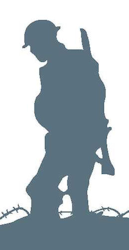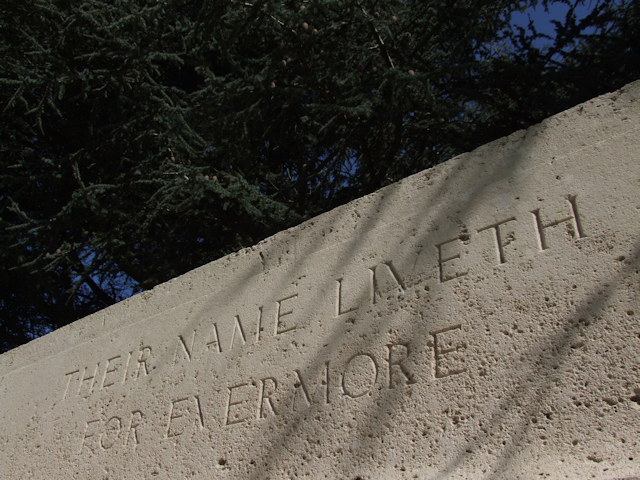Name
Frederick Harry Atkins
Conflict
First World War
Date of Death / Age
Rank, Service Number & Service Details
26708
4th Grenadier Guards
Awards: Service Medals/Honour Awards
Not Yet Researched
Cemetery/Memorial: Name/Reference/Country
Headstone Inscription
Not Researched
UK & Other Memorials
Biography
Frederick was born in 1888 at Abbots Langley, one of nine children of Richard and Emmiline Atkins, from 5 Adrian Road. In the 1911 Census Frederick worked as a General Labourer , and from September 1914 he was recorded in the Abbots Langley Parish Magazine Roll of Honour serving with the Grenadier Guards, so it was possible that he may have been a regular soldier at the outset of the War in 1914. Little is known about his service during the War, but on 25th January 1916 a poem that he wrote about the Grenadier’s time at the Battle of Loos was published.
First Time In Action at Loos and Hill 70 (4th Grenadier Guards led the attack)
Frederick Atkins, Signaller, 4th Grenadier Guards – Watford Illustrated 25th January 1916
1. Monday afternoon was well nigh spent
Where off to the Trenches the Grendiers (sic) went;
We started off in the grand old style,
The Germans shelling us all the while.
2. Only five o’clock, ‘twas not yet dark,
And the German guns never ceased to bark.
But we reached a trench and scrambled inside
And there for a time we had to hide.
3. The shells were falling in solid mass
And they started using their deadly gas.
But the boys were all very well equipped
And over our heads our helmets we slipped.
4. Then we advanced to an open field.
The shells still falling, but we did not yield.
We reached the road and dug ourselves in
For the shells we did not care a pin.
5.The worst of it was, it began to rain.
But the boys kept at it all the same;
We didn’t care a single toss
For any of the cowardly Boches.
6. When the darkness began to fall
They sent up flares to reveal us all;
If we’d put our heads over the parapet
The snipers would have had us, you bet.
7. But we know of a trick worth two of that,
So in the bottom of the trench we sat
Waiting for daylight to appear
Also reinforcements from the rear.
8. The morning passed midst a mighty roar
As the Huns were dropping shells in galore;
But as they were dropping well behind,
The lads in the trenches did not mind.
9. In the afternoon the battle begun
And we soon had the Germans on the run,
Over Hill 70 the beggars we chased,
The shells from our Artillery all well placed.
10. The Germans, they are a dirty lot;
For of our wounded they care not a jot;
They fired the stretcher bearers bring them in,
The shots from the snipers went “ping, ping, ping.”
11. On Wednesday night we were relieved;
Hot rum, and tea the boys received.
It made us all fell extra bold,
As we were shivering with the cold.
12. We marched along the road at night;
The star shells showed an awful sight.
For on Saturday the Huns had held the line
And our Artillery had caught them fine.
13. Now we are back in billets for rest.
And though our billets are not the best
We sleep quite sound from the roar of the guns
And the bullets and gas of the cowardly Huns.
14. In days to come, that memorial day
When the Guards made the Germans run away
Will always be talked about with pride
When the boys sit round their own fireside.“
In August 1916 Frederick was reported wounded in the Parish Magazine, and also in the 12th August edition of the Hertfordshire Advertiser. At the end of hostilities he remained with the 4th Grenadier Guards and was listed in the Autumn 1918 and Spring 1919 Absent Voter Lists, and gave his home address at 5 Adrian Road. His brother Charles also served, and survived the War, but his brother in law was killed in action on 1st February 1917.
Frederick Atkins survived the War.
Additional Information
Formerly service numbers 13177 & 29794
Acknowledgments
Roger Yapp - www.backtothefront.org



